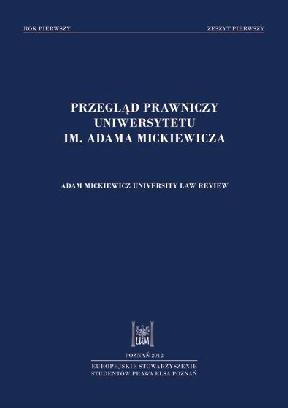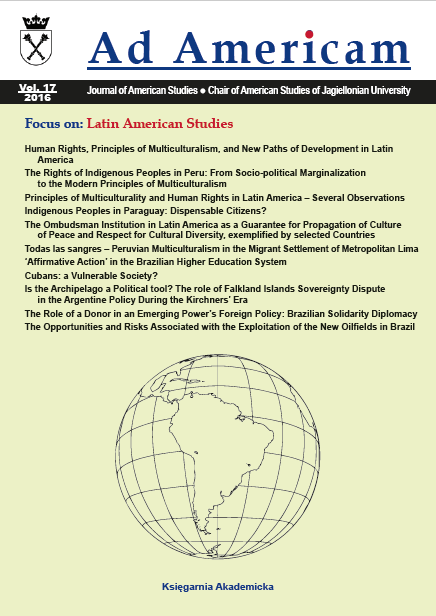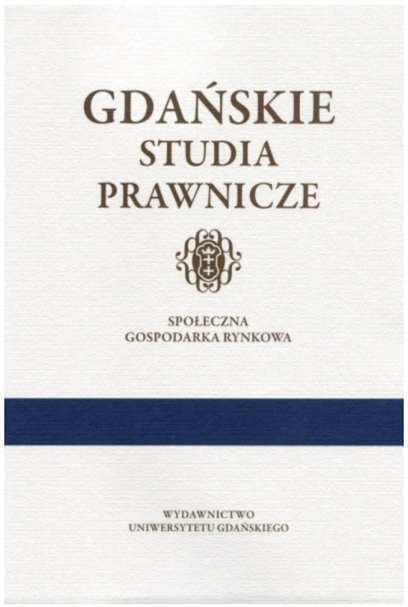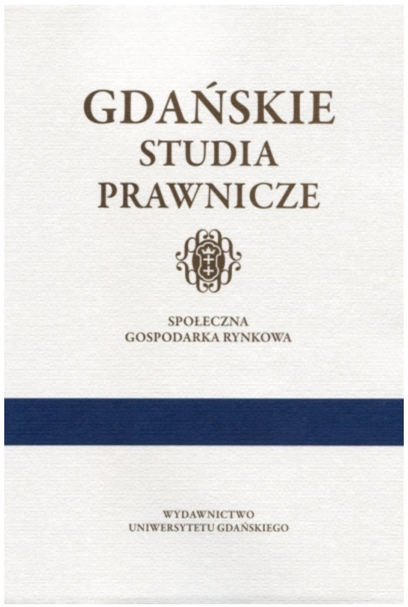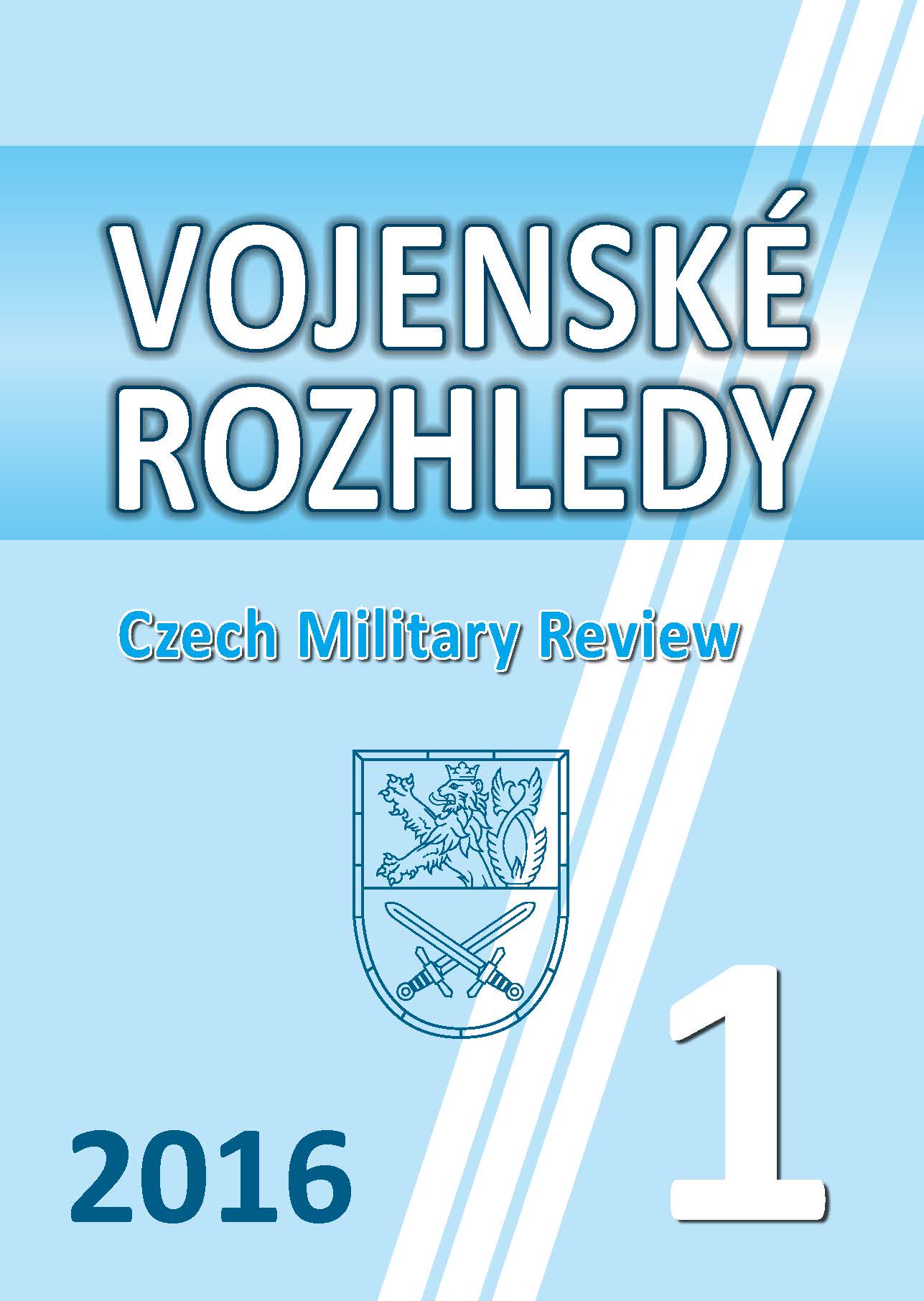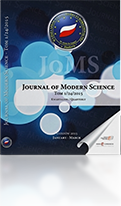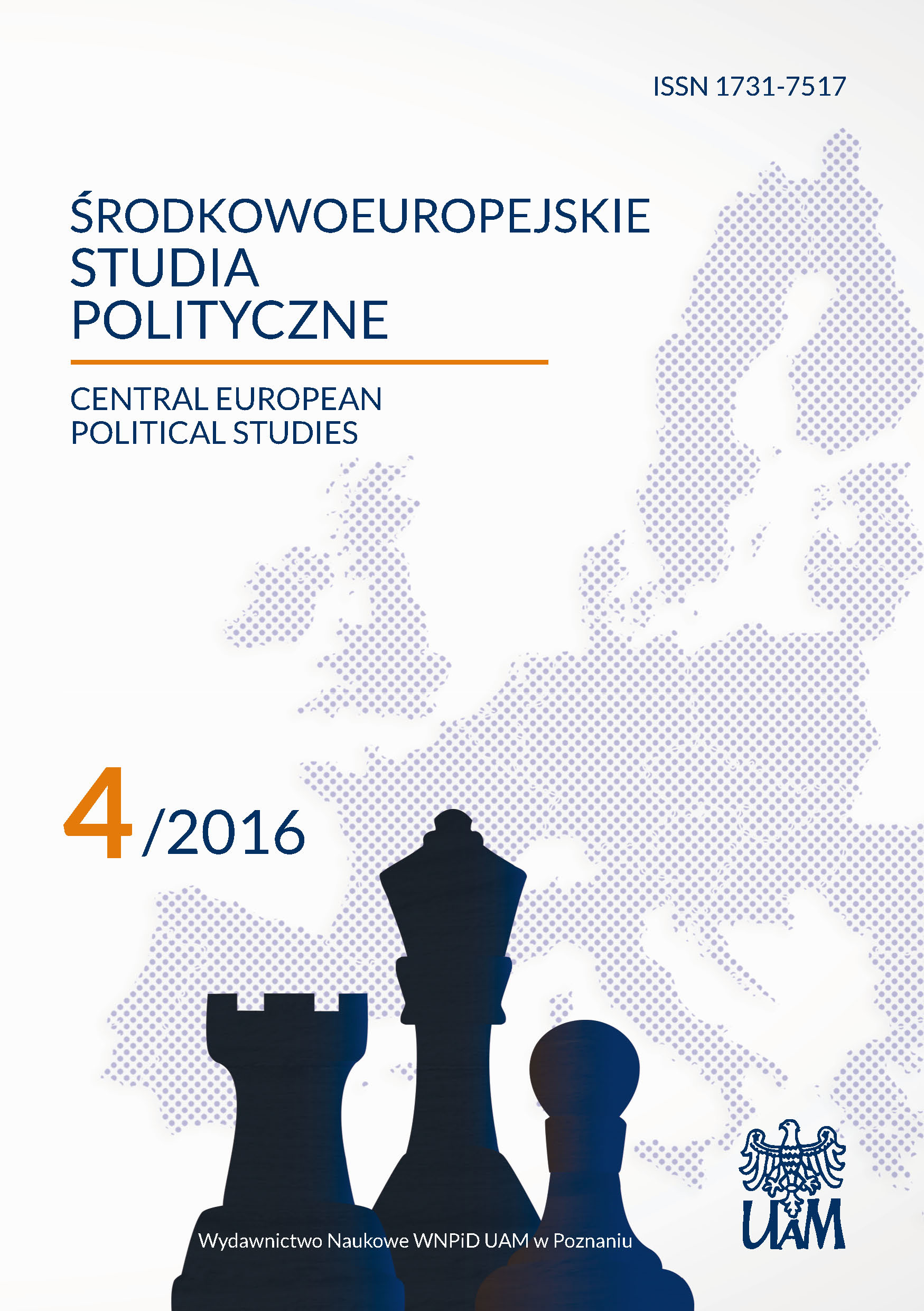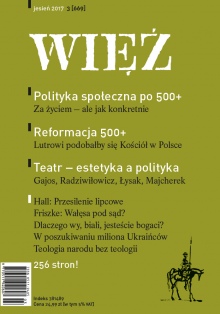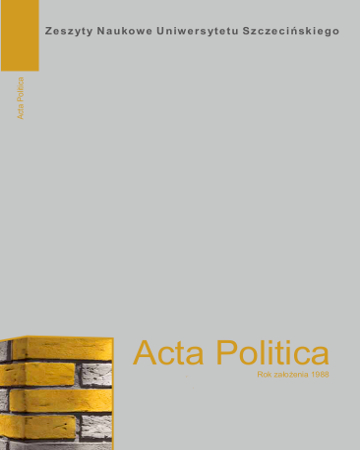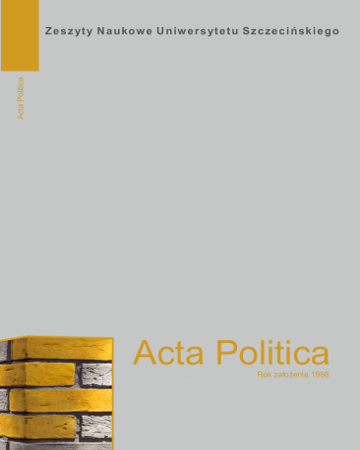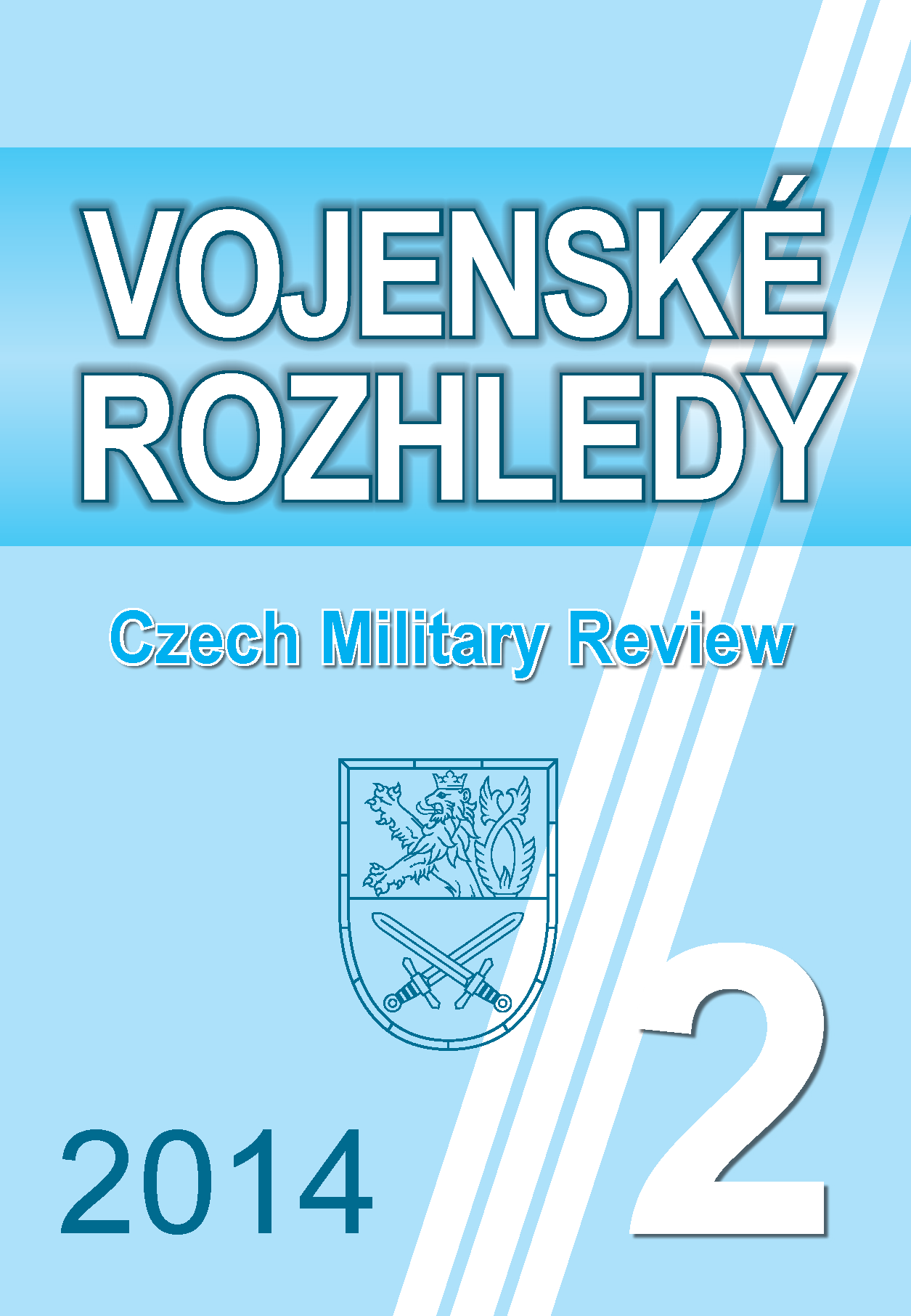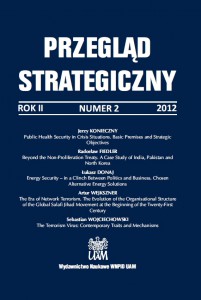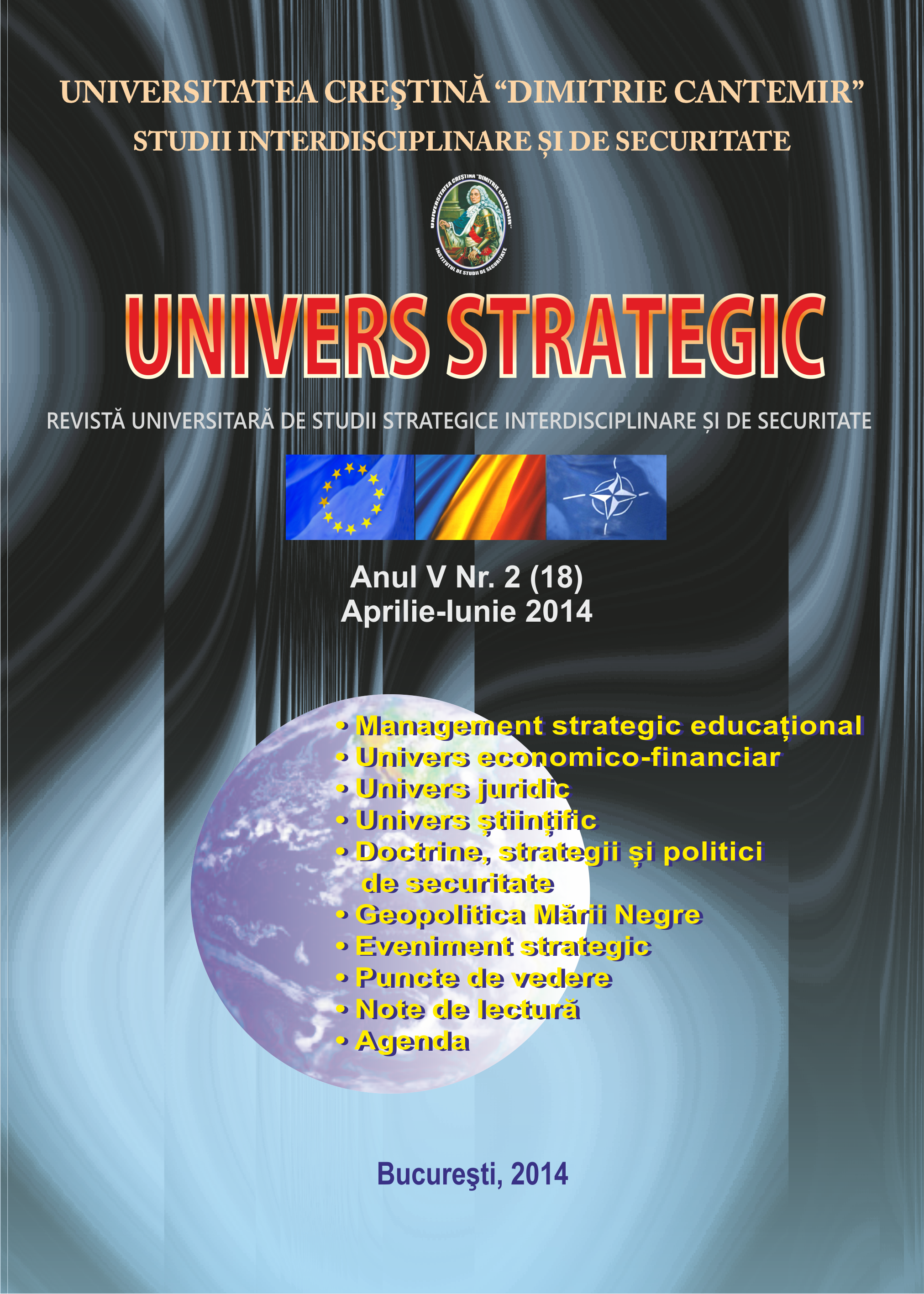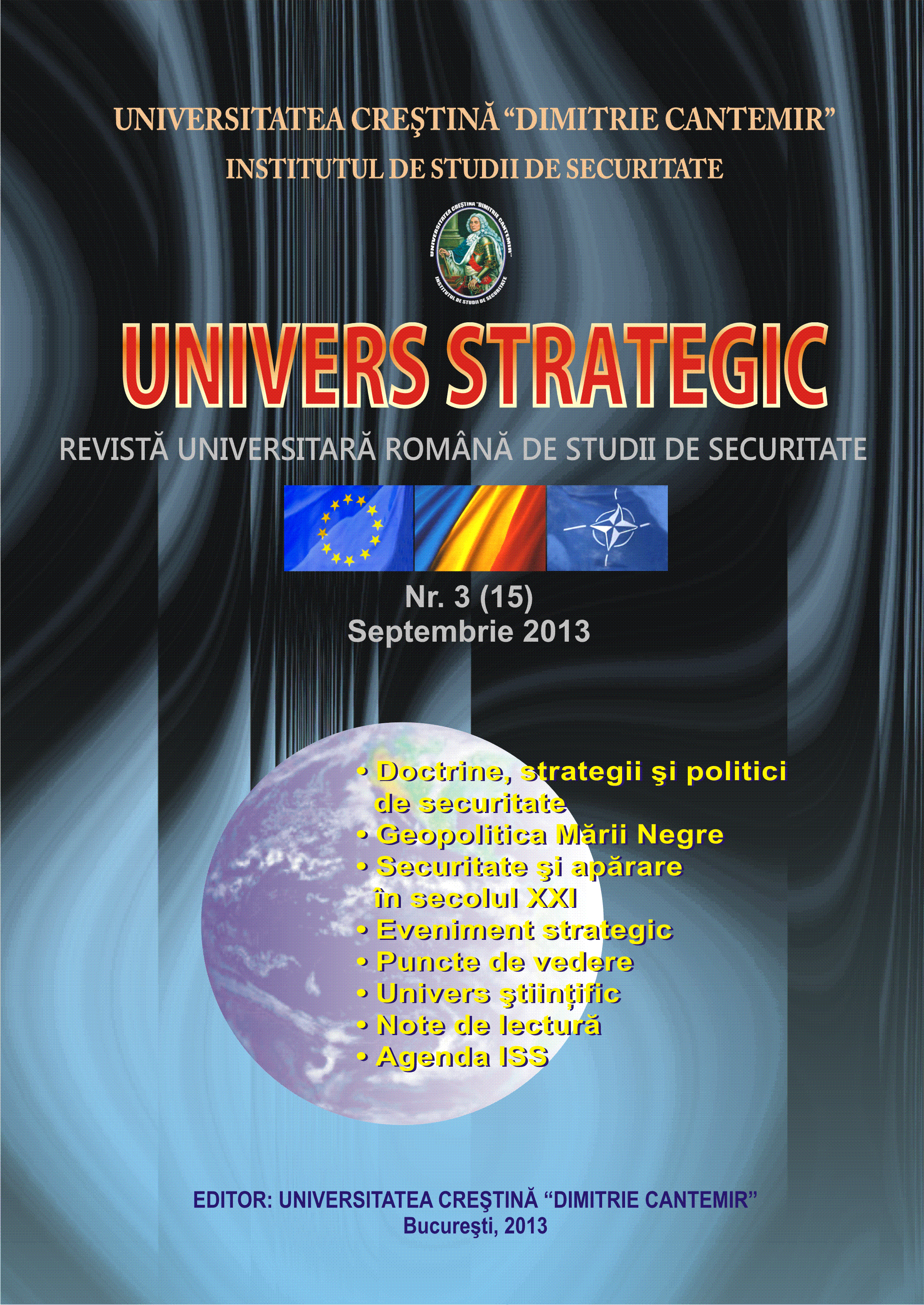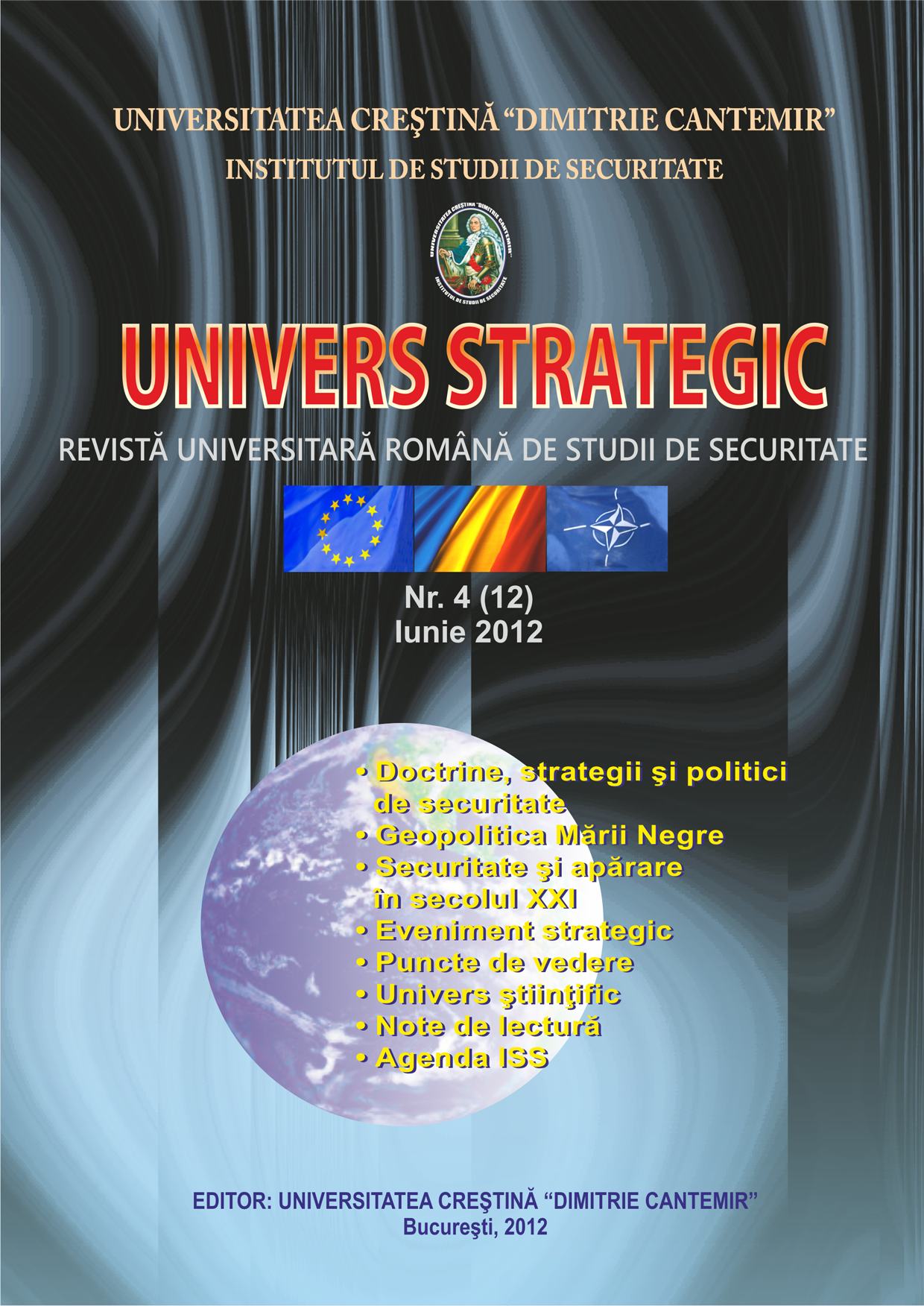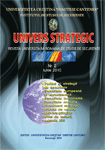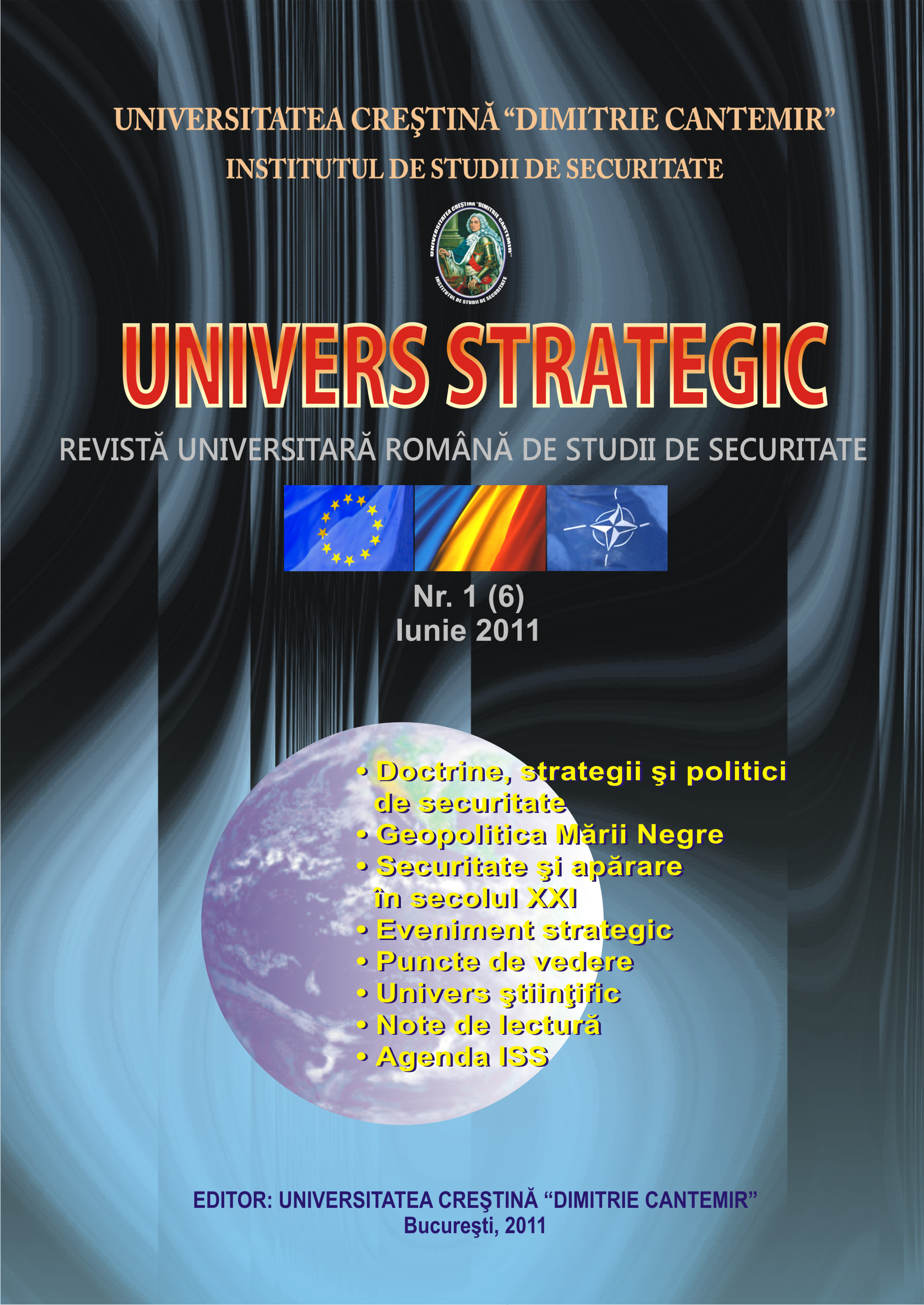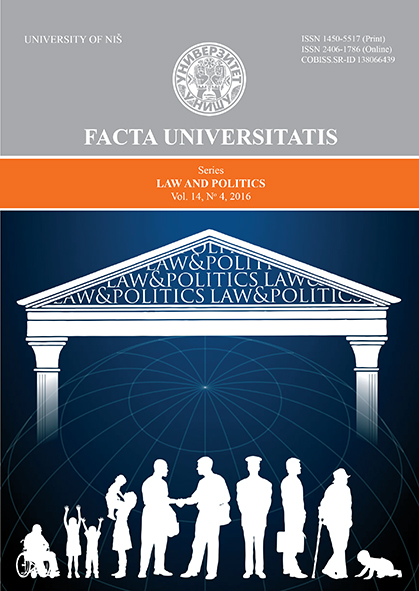
The Role of Social Capital in Developing Democracies
The term social capital is characterized by a proliferation of meanings which give rise to different debates. The aim of this paper is to analyze the role of social capital in developing democracies. To this end, Argentina and Nicaragua, as two Latin American nations, ideally illustrate two novel theoretical positions which can serve as representative models for developing democracies. In these two countries, the process of democratization had quite a different course, method and dynamics. Nicaragua employed more "social-centrist" style of democratization, while Argentina used more "state-centrist" path to democracy. In Nicaragua, it was a "bottom-up" process in the development of democracy based on the social capital, where civil society and horizontal connections among citizens were the engine of the political process. As a developing democracy, Argentina offers an interesting opposite scenario. In Argentina, it was a "top-down" institutional process of democratization, where the political institutions have done most of the work and compensated for the absence of initiatives to strengthen the civil society.
More...
